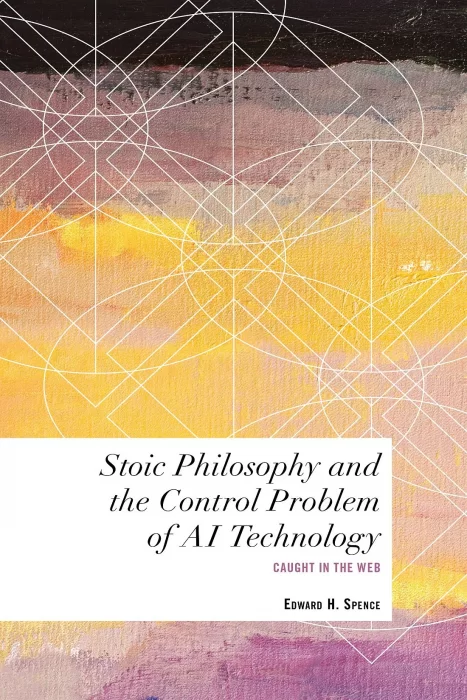Stoic Philosophy and the Control Problem of AI Technology: Caught in the Web

Date: October 22nd, 2021
ISBN: 1786615916, 1538162644
Language: English
Number of pages: 258 pages
Format: EPUB
Add favorites
To what degree is technology in the form of products and processes capable of contributing human enhancement and wellbeing?
In cases where the impact of a technology on society is not only very negligible but overall negative and harmful, what is technology good for?
To answer these questions, Spence develops and applies a normative model based on rationalist and virtue ethics as well as stoic philosophy. Its primary purpose is to determine the essential conditions that any normative theory that seeks to assess the impact of technology on wellbeing must adequately address in order to be able to account for, explain and evaluate what contribution, if any, technology is capable of making to the attainment and enhancement of human wellbeing. Through developing this model, Spence offers a novel and important examination of the benefit of technology to our society as a whole.
In cases where the impact of a technology on society is not only very negligible but overall negative and harmful, what is technology good for?
To answer these questions, Spence develops and applies a normative model based on rationalist and virtue ethics as well as stoic philosophy. Its primary purpose is to determine the essential conditions that any normative theory that seeks to assess the impact of technology on wellbeing must adequately address in order to be able to account for, explain and evaluate what contribution, if any, technology is capable of making to the attainment and enhancement of human wellbeing. Through developing this model, Spence offers a novel and important examination of the benefit of technology to our society as a whole.
Download Stoic Philosophy and the Control Problem of AI Technology: Caught in the Web
Similar books
Information
Users of Guests are not allowed to comment this publication.
Users of Guests are not allowed to comment this publication.




